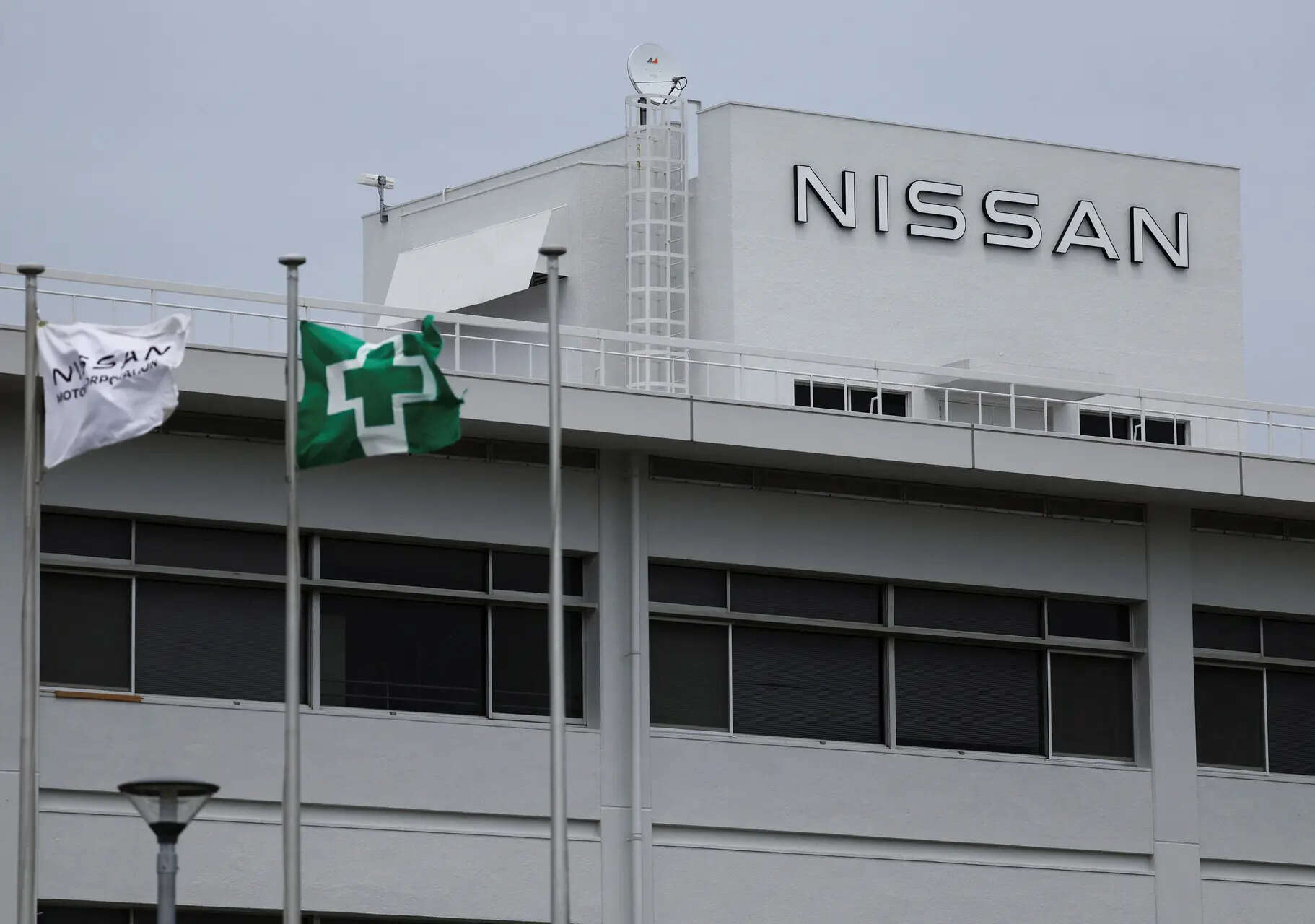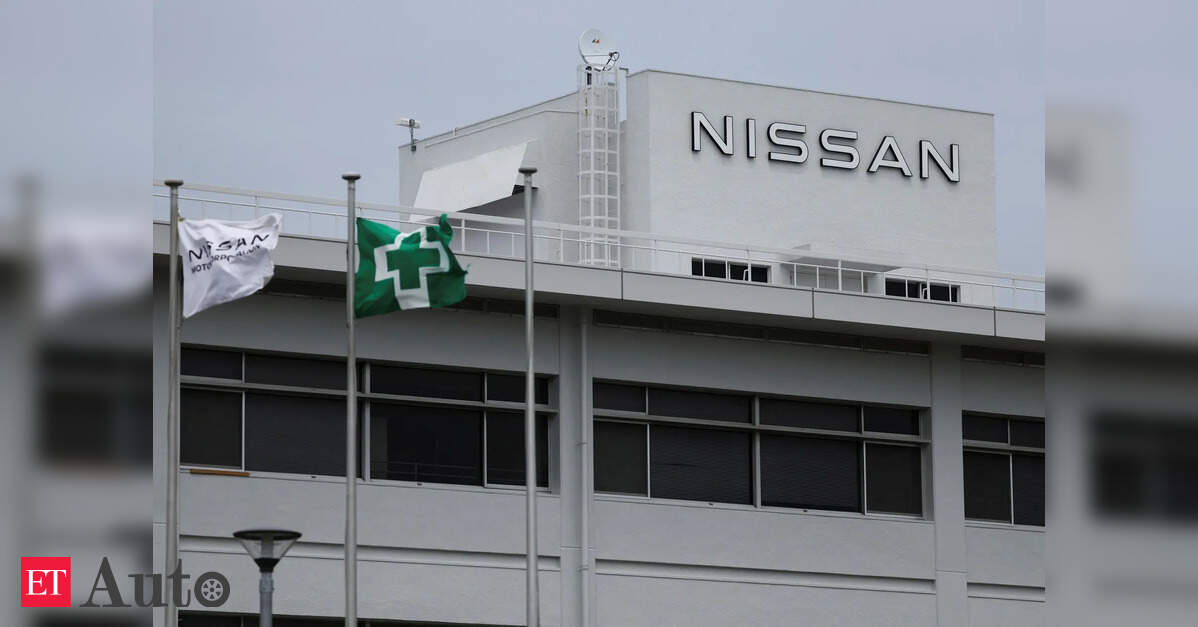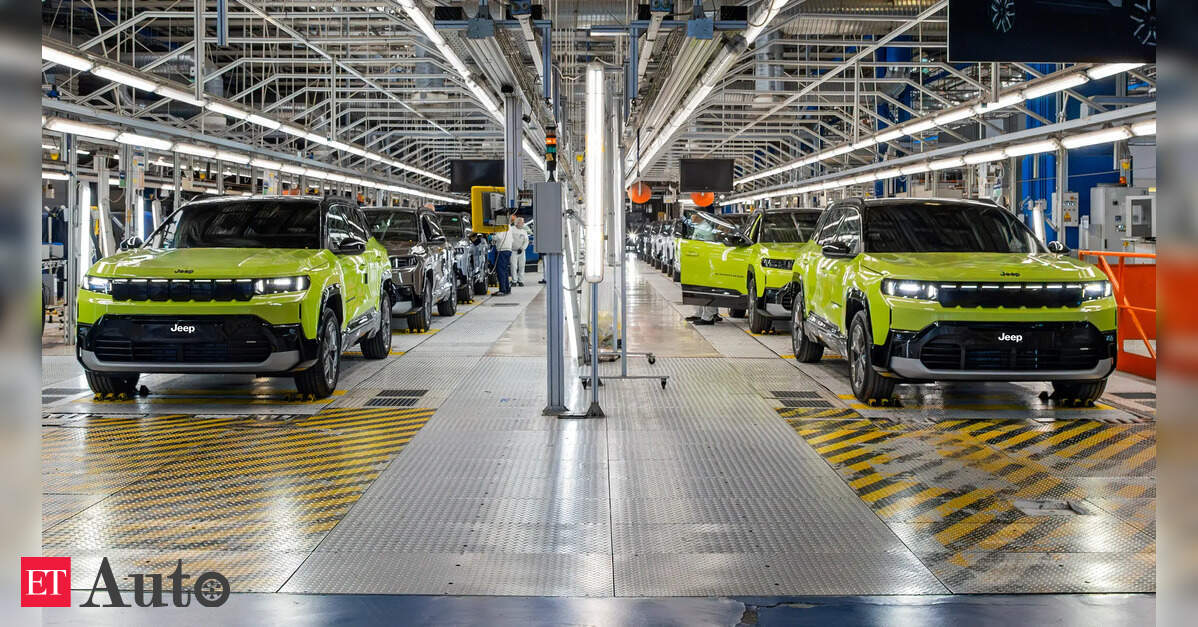 Nissan shares tumbled nearly eight percent after the struggling automaker forecast a 275 billion yen operating loss for the fiscal year ending in March.
Nissan shares tumbled nearly eight percent after the struggling automaker forecast a 275 billion yen operating loss for the fiscal year ending in March.Shares of struggling Japanese carmaker Nissan dropped by nearly eight percent Friday after the firm said it expected to suffer an operating loss of 275 billion yen ($1.8 billion) in its fiscal year ending in March.
Nissan shares dropped by 7.95 percent, before recovering to around five percent in early trade.
The auto firm announced the forecast Thursday, adding that it expected an operating loss of 30 billion yen in the first six months of the fiscal year, which runs through September.
Nissan reported a net loss of 671 billion yen for the financial year to March 2025, and announced plans to cut 20,000 jobs, around 15 percent of its workforce.
The 30 billion yen operating loss was better than the automaker had been forecasting.
Nissan attributed it to one-time benefits, including lower costs related to emission regulations.
It said some project costs had also been postponed to the second half of the year.
“While our first-half results reflect temporary benefits and payback from cost-saving initiatives, we anticipate ongoing challenging competitive environment in the second half, supply chain risks and the seasonality of business,” said Chief Financial Officer Jeremie Papin.
It said it now expected sales of 11.7 trillion yen in 2025-2026, down from its initial estimate in May of 12.5 trillion yen.
Nissan has faced numerous speed bumps in recent years — including the 2018 arrest of former boss Carlos Ghosn, who later fled Japan concealed in an audio equipment box.
A merger with Japanese rival Honda had been seen as a potential lifeline but talks collapsed in February when the latter proposed making Nissan a subsidiary.
Of Japan’s major automakers, Nissan was seen by analysts as likely to be the most severely hit by US President Donald Trump’s tariffs on imported vehicles.




